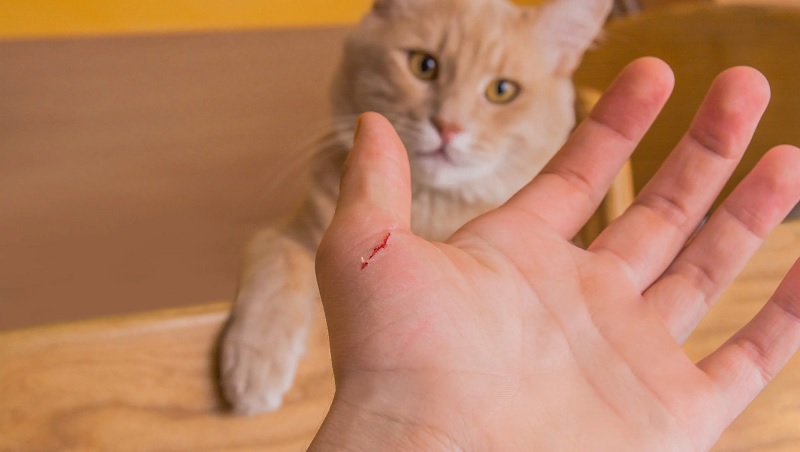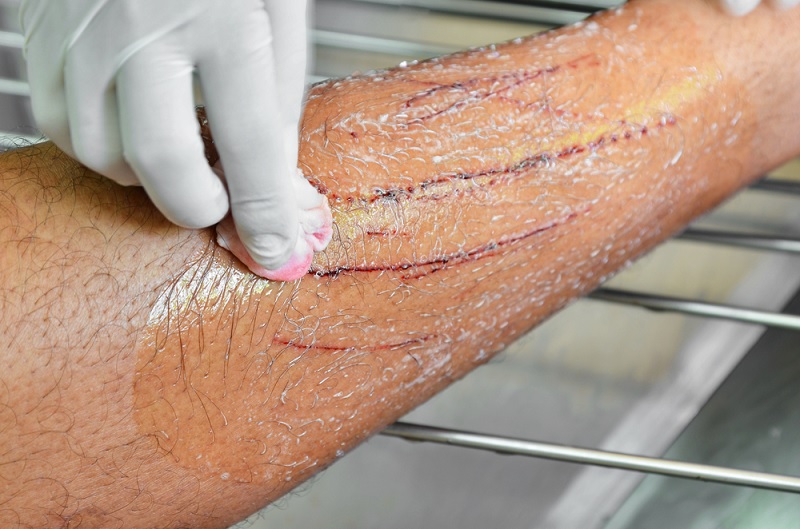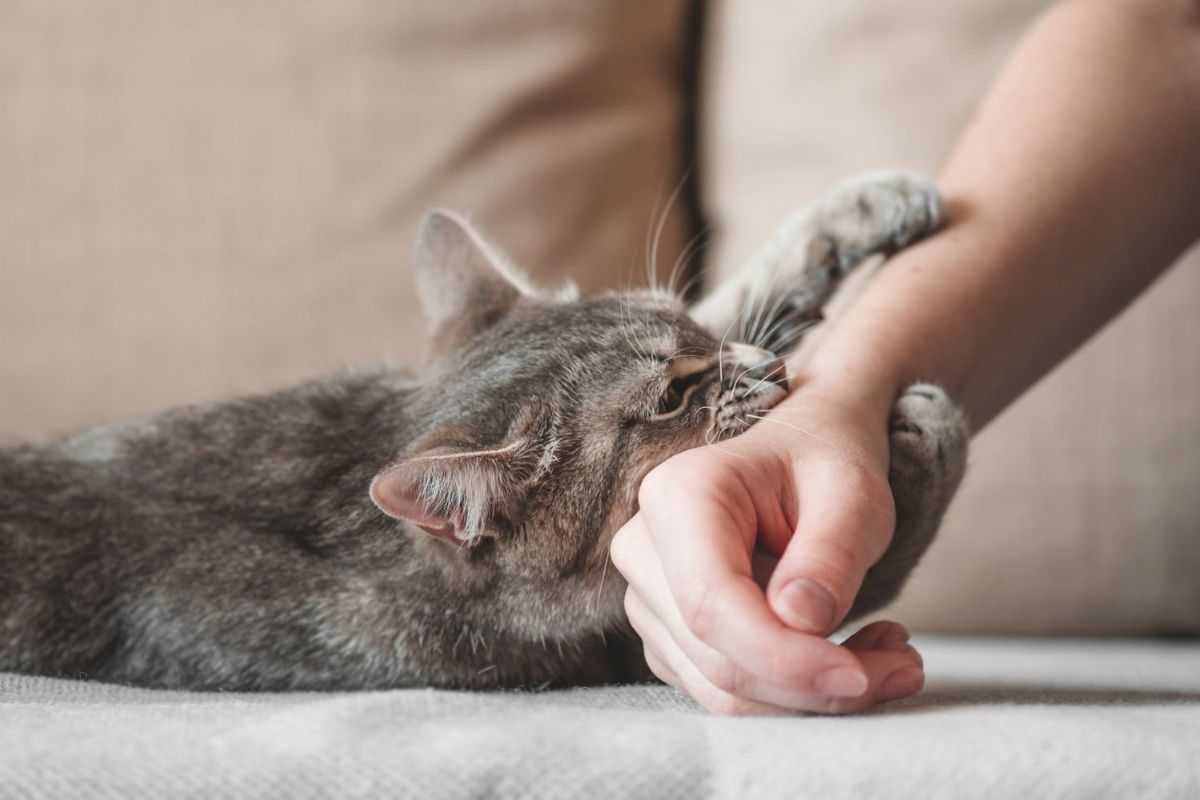Are Cat Scratches Dangerous to Humans? What You Need to Know
Cats are lovable companions, but they come with sharp claws that can cause accidental or intentional scratches. If you’re a
While most
Understanding Cat Scratches

Cats use their claws for various reasons, whether it’s marking territory, defending themselves, or simply playing. Their claws are not just tools but a natural part of their anatomy that needs regular maintenance through scratching. But when they scratch humans, it can break the skin, leaving us vulnerable to infections.
It’s important to note that when cats scratch, it’s not always out of aggression. Sometimes, it’s a reaction to feeling threatened or overstimulated, while other times it’s just playful behavior. However, even during play, those sharp claws can cause small cuts or deeper wounds depending on the force of the scratch.
Can Cat Scratches Lead to Health Issues?

Most
Cat Scratch Disease (CSD)
Cat Scratch Disease is a bacterial infection caused by Bartonella henselae, a bacteria found in the saliva of infected cats. Cats can transmit this bacteria through their claws if they scratch a human after grooming themselves or biting. The infection doesn’t usually cause harm to cats, but it can lead to flu-like symptoms in humans.
How Is CSD Transmitted?
CSD is primarily transmitted when a
Other Potential Infections
While CSD is the most common concern, there are other infections to be mindful of, including:
- Tetanus: Although rare, deep scratches from a
cat could introduce tetanus bacteria into your body, especially if the wound isn’t cleaned properly. - MRSA (Methicillin-Resistant Staphylococcus Aureus): This is a serious bacterial infection that can occur if MRSA bacteria enter through an open wound. Although MRSA isn’t specifically linked to cats, it can spread through any cut or scratch.
Symptoms to Watch Out for After a Cat Scratch
How can you tell if a
- Prolonged redness or swelling
- Pus or discharge from the wound
- Fever or chills
- Swollen lymph nodes
- Fatigue or weakness
If you notice any of these symptoms, it’s time to consult a healthcare professional. Untreated infections can spread and cause further complications.
First Aid for Cat Scratches
If you’ve been scratched by a
Immediate Steps to Take:
- Wash the wound: Use soap and water to thoroughly clean the scratch. This helps remove bacteria and dirt that may have entered the wound.
- Disinfect: Apply an antiseptic like hydrogen peroxide or alcohol to prevent infection.
- Cover the wound: If the scratch is deep, cover it with a bandage to keep it clean and protected.
Home Remedies and Care Tips:
- Honey: Known for its antibacterial properties, honey can help keep the wound clean.
- Aloe Vera: Apply aloe vera gel to soothe and promote healing.
- Turmeric paste: Mix turmeric powder with water to create a paste, then apply it to the scratch as it’s a natural anti-inflammatory agent.
When to Use Medical Intervention:
If the scratch is deep or shows signs of infection after a few days, visit your doctor. They may prescribe antibiotics or, in severe cases, recommend a tetanus booster or other treatments.
Preventing Cat Scratches and Staying Safe
The best way to avoid health risks from
Training and Socializing Your Cat
Proper training can reduce your
Maintaining Proper Hygiene for Your Cat ’s Claws
Regularly trimming your
Protective Measures for Cat Owners
If you have a
FAQs
Can all
No, not all
Is it safe to let my
While it’s natural for cats to scratch during play, it’s best to avoid direct scratching on your skin. Redirect their energy toward toys or scratching posts.
How can I tell if a scratch is infected?
Look for signs such as increased redness, swelling, pus, and fever. If any of these occur, consult a doctor for evaluation.
Should I be worried about rabies from a
Rabies is typically transmitted through bites rather than scratches. However, if the
How can I prevent my
Training your
Conclusion
So, are
Remember, prevention is key, so keep your






